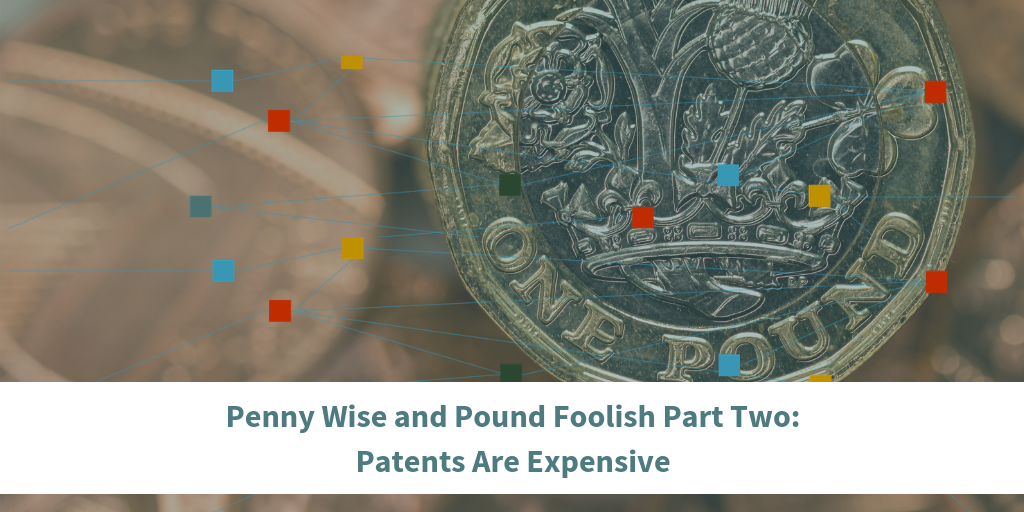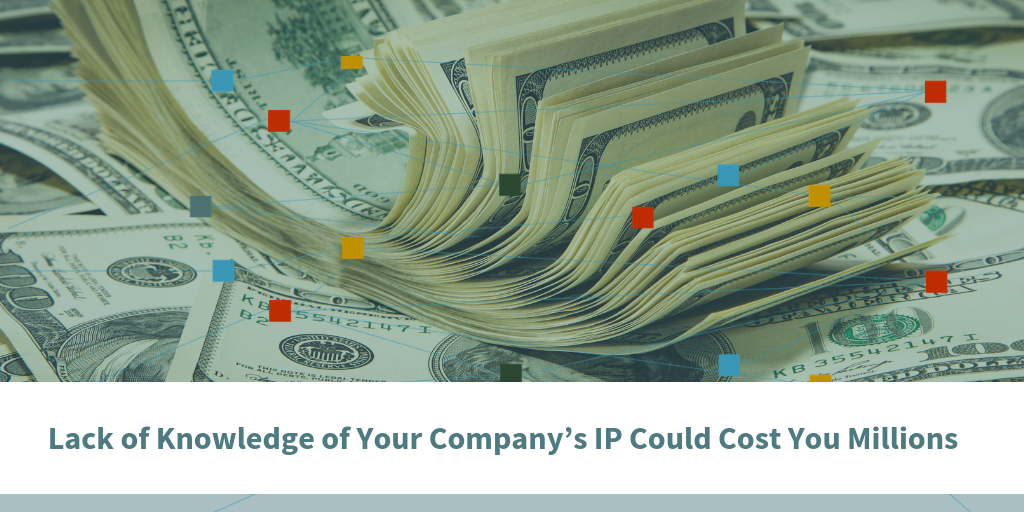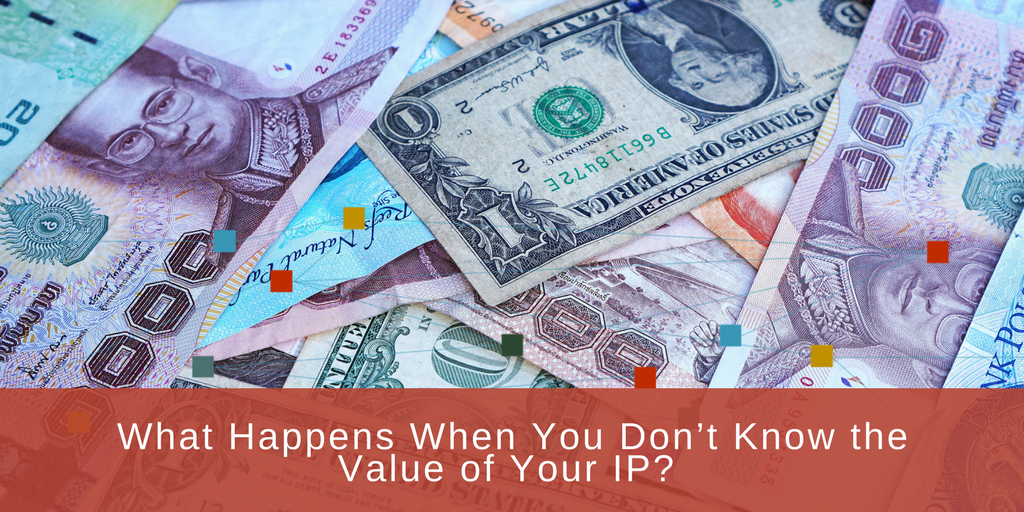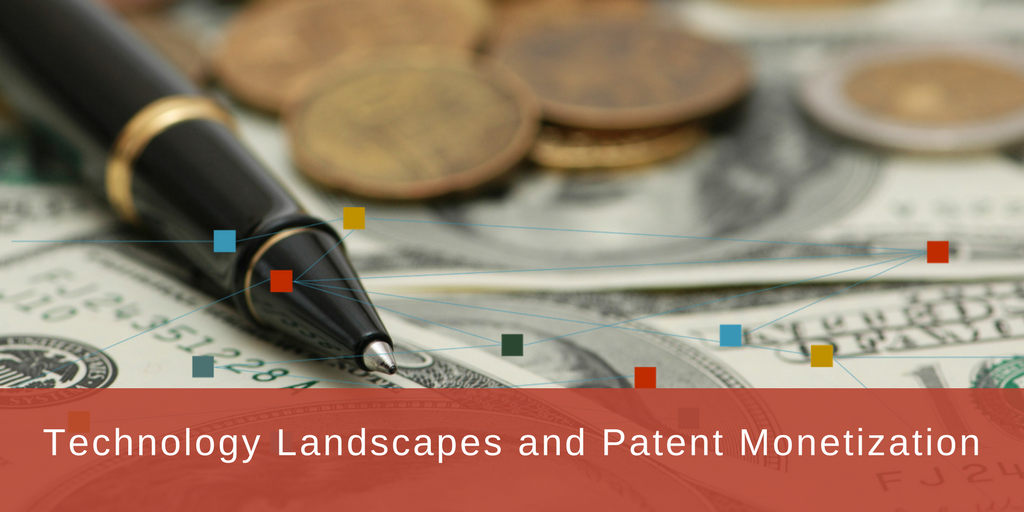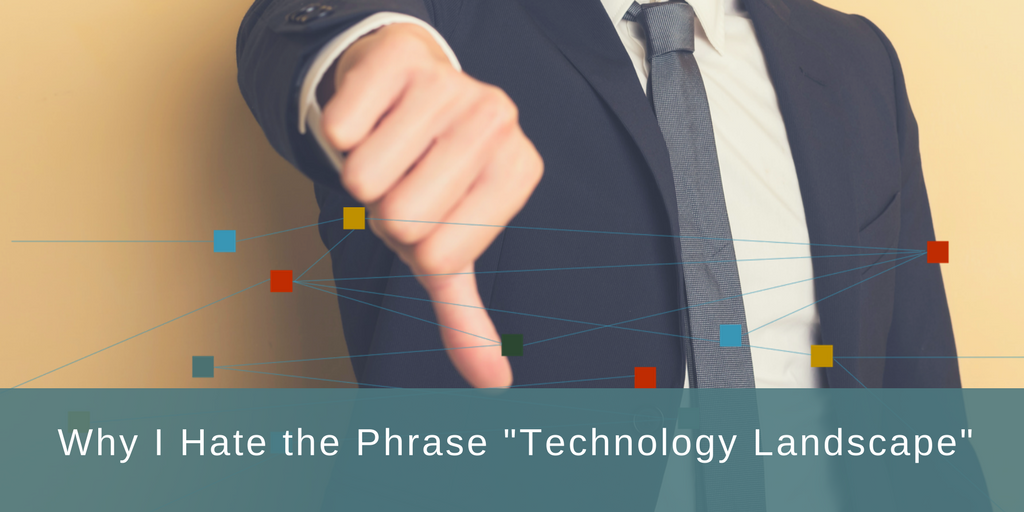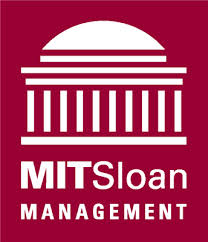In our last Penny Wise and Pound Foolish article, we investigated corporations that spent years building massive patent portfolios for the purpose of licensing programs. IBM led the way through the nineties, eventually amassing over 22,000 patents within the decade. Of course, with up to $1 billion in revenue each year solely from licensing deals, IBM definitely makes a case for piling up the patents like poker chips.


